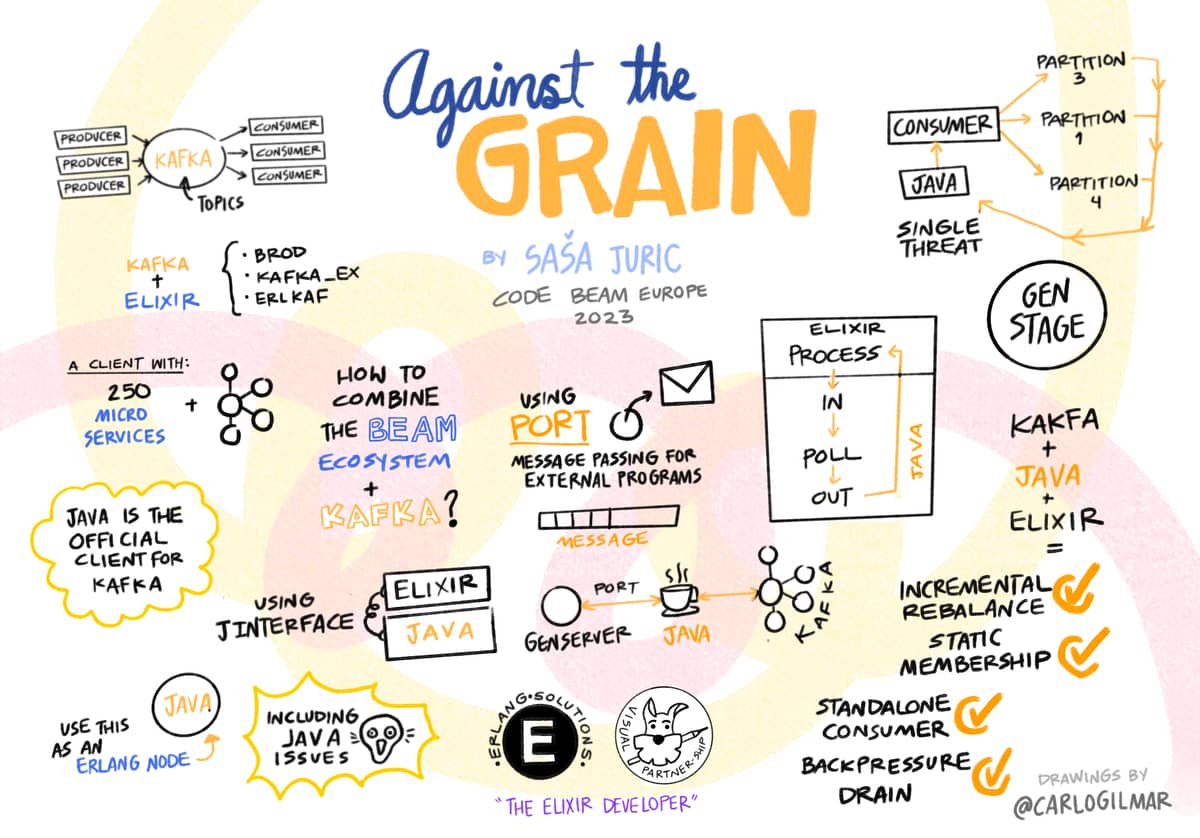Re digital nomad. This topic should have a topic on its own…
In 1995 Austria became member of the EU and in 1998 I “started” my career abroad. In the beginning it was just moving to another country and sitting in an office. I was since 1995 a freelancer or contractor (and still am).
So one contract followed another and since I knew Austria in software development is a bit behind I moved around: Germany, UK, Kenya, now Portugal. In between I had remote work in the US, South Africa, Australia, Italy, China and a few European countries. For the remote work I did not need to move, of course.
Remote work really picked up about seven years ago. Since then the digital monad became one in the internet, although my last gigs in Portugal and Germany (living in Portugal) needed sometimes traveling.
Now, it is not all beautiful. I am now 66, officially retired, but creating software with my wife, who is a bit younger than I am. There are two points I want to tell colleagues who are thinking of such a career:
(1) I am legally registered in three countries (address, tax): Kenya, Austria, Portugal. All as self employed and with a company. When I was 30 I did not care for pension, but now with 66 I see that a proper planning would have been better. I have worked 40+ years and I get a pension in Austria and the UK. There are different minimum years we have to pay for the pension, between 10 and 15 years (forget Kenya, it would not pay for a day of meeting friends and drinking a beer), The problem is that although the authorities acknowledge that overall time, the pension at the end is only for the time you paid in in the country. Don’t get me wrong, the pension is ok. My advice is to think about is when younger.
(2) Moving around also means that you can’t take everything with you that own. This maybe books, electrical devices, what ever. This is where point 1 comes in as well: keep an address in one country. As a citizen of one country, it is only possible to get a passport, even when leaving abroad. But also think of social and health insurance. That can be private as I did eventually if you don’t trust the one in the country you moved. But keep it in your mind when you are younger.
Long speech, hope it helps.
And to be positive: without being a (digital) nomad I would not have met my wife.
























